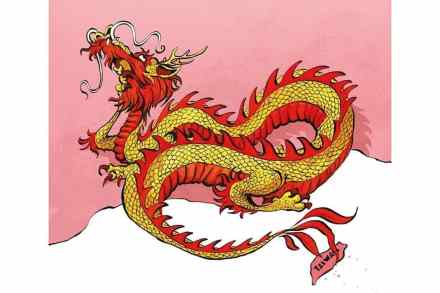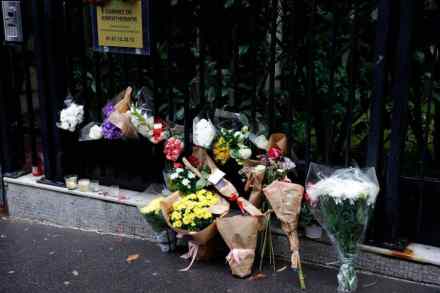The US knows the main threat is China
China’s President Xi Jinping opened the CCP’s 20th party congress by doubling down on four key issues: no let up on zero-Covid; no renunciation of force when it comes to Taiwan; a promise to build up China’s military strength; and no tolerance of any opposition to his rule. As he enters his third term, the most important new challenge he has to address are the export controls announced by the US on the eve of the congress that threaten to undercut China’s ability to develop semiconductors and supercomputers. Xi remains defiant: he promised to ‘resolutely win the battle in key core technologies.’ Yet Xi must be worried that the US





















